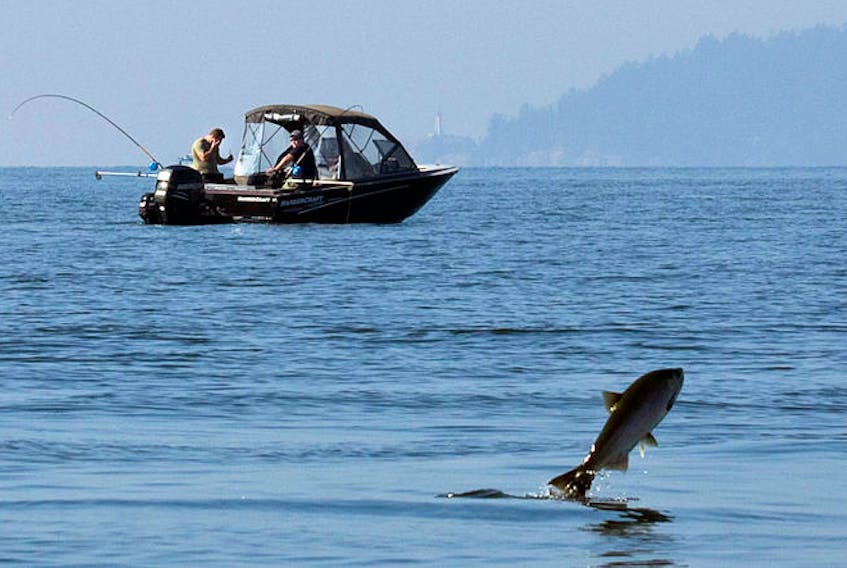Dear Humanity: Either stop trashing the place or you’re outta here — Mother Nature.
If you missed the old girl’s memo, you should know that she’s plenty mad, and she’ll get to you sooner or — if you’re lucky — later.
This week produced another climate-related report from an expert panel, mostly scientists, about the immediate risks to Canadians from the climate crisis.
The panel emphasized that action is urgently required to adapt to the extreme weather and other threats wrought by humans fouling the atmosphere and the earthly environment. That the damage to both Earth and sky continues almost unabated is testament to man’s undying greed, arrogance and propensity to push his luck if there might be a buck in it.
Adapting to very weird and violent weather can’t wait, the scientists tell us, because our carbon-choked atmosphere will spawn increasingly frequent and horrendous storms, rising seas, droughts, wildfires and other nasty stuff for the next 20 years or more. Those conditions will only lessen if the world succeeds in first reducing greenhouse gas (GHG) emissions — dramatically over the next decade — and then getting to about zero GHG emissions by mid-century.
The good news from the panel, tasked by the federal Treasury Board to do the study and write the report, is that the risks can be “meaningfully reduced through adaptation measures that lessen vulnerability or exposure.”
The panel also noted that “no risk can be completely eliminated through adaptation alone. Thus, decision-makers need to anticipate and plan for consequences that are unavoidable in the short and medium term, while working to reduce future greenhouse gas emissions globally.”
The bad news here on the East Coast is that coastal communities and the fishery are both on the short list of things that face the greatest risk. Vulnerable infrastructure like roads and electrical grids; Canada’s North; human health; and natural ecosystems, round out the panel’s top risks.
The report didn’t offer specific recommendations. It’s intended to spur more and more urgent action at the federal, provincial and local levels. Building codes should change; transportation systems, electrical grids and other critical infrastructure need to be hardened, and natural ecosystems must be protected.
Canada is warming at a rate roughly double that of the rest of the world, and northern parts of the country are warming at three times the global rate. Global greenhouse gas emissions continue to increase, spurred by energy demand.
“Even with our best efforts, the climate will continue to change in Canada, meaning adaptation will become an increasingly important matter. Understanding our top climate change risks and identifying how to manage and adapt to them will help reduce the impact of climate change on people in Canada,” writes the panel’s chair, John Leggat.
Scientists the world over are doing everything they can to warn us and global political leaders that this is not a drill. Last year, we learned that we have a decade to reduce GHG emissions by almost half or face the most dire of consequences.
It is fallacy to think the climate crisis snuck up on us. Global heating from man-made pollution has been widely accepted by legitimate science for more than 30 years. But the fossil fuel industry, following the lead of the tobacco merchants before them, bought some pseudo-scientists to discredit the greenhouse effect, as it was once called, and because people wanted to believe there wasn’t a pending disaster, they did.
And now, while the world scrambles to adapt to an increasingly hostile climate, our political leaders are slow-walking the transition off fossil fuels. That will allow the oil and gas sector, which is among the most heavily subsidized industries on Earth, to maximize profits until the taps finally have to be shut off.
Bucket lists were all the rage there for a while, and I’m of an age where such a thing might be worth considering.
Before shuffling off this mortal coil, I just want to see one thing. A report from credible scientists that says we’re getting there; that GHG emissions are falling toward the benchmarks we need to meet.
After that, they can burn my bones so long as they capture the carbon.
RELATED:









